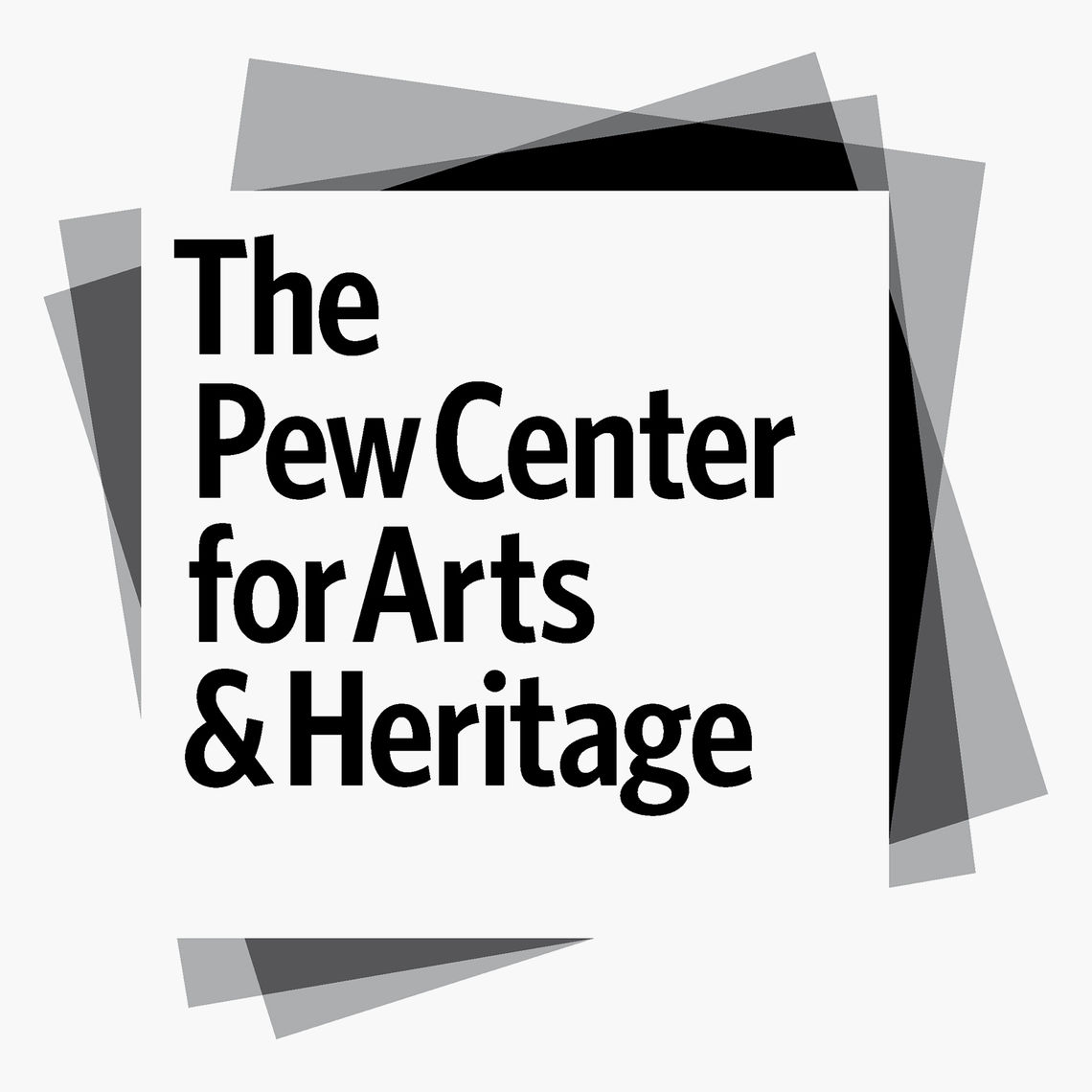Invisible City: Philadelphia and the Vernacular Avant-garde
Supported by a Discovery grant from The Pew Center for Arts & Heritage, initiated by Sid Sachs of the University of the Arts, Invisible City’s goal is to increase awareness of the cultural contributions of Philadelphia at mid century.
This interactive website consists of transcribed oral histories of vital participants in Philadelphia’s avant-garde community of the 1960s and 1970s with videos, images and an extensive chronology. During this era, the city of Philadelphia exhibited the first Pop Art, happenings, all night musical performances, postminimalist environments, innovative tendencies in urban planning and post-Miesian architecture. Through its museums, universities, art schools and artists, Philadelphia framed a new discourse based on Duchamp and Levittown’s everyday; a quotidian glance that made one recognize the everyday as radically rich, complex and contradictory.
We hope local audiences will rediscover Philadelphia’s significant legacies while others will acknowledge its central role in the birth of postmodernism.
Viewers are invited to send feedback to rwg@uarts.edu as a way to build upon the database and continue the research.
Invisible City Credits
We would like to thank The Pew Center for Arts & Heritage, The University of the Arts, the Clinton Hill/Allen Tran Foundation and P’unk Avenue for the funds, facilities and opportunity to produce this website and disseminate its research. Throughout the process, we were ably assisted by our invaluable consultants: Suzanne Delehanty, Robert Pincus-Witten, and Elisabeth Sussman. I would also like to thank each and every person who allowed us to interview them on camera, in person, or provided information. These included Dennis Adams, Harry Anderson, Susan K. Anderson, Alain Arias-Misson, Mary Ashley, Bill Beckley, Doug Benson, Frank Bramblett, Diane Burko, Mark Campbell, Cynthia Carlson, Daniel Dietrich, Ruth Fine, Richard Frankel, Dan Freeman, G.H. Hovagimyan, Janet Kardon, Joan Kron, Susan Lane, John Lawson, Rilice Lefton, John Levine, Judith Lieb, Sara MacDonald, Patrick McGrady, Jim McWilliams, John Moore, John Ollman, David Pease, Joseph Rishel, Audrey Sabol, Italo Scanga Foundation, David and Liga Slovic, Fred Snitzer, George E. Thomas, Joan Watson, C. K. Williams, Dr. William Wolgin, and Richard Saul Wurman.
Staff
Sid Sachs, project director, interviewer
Michael Ciervo, web coordinator
Isabel Lederman, transcripts and image research
Phoebe Kowalewski, archival research
Adam Carrigan, cinematographer
Joseph Amsel, audio recording and editing

